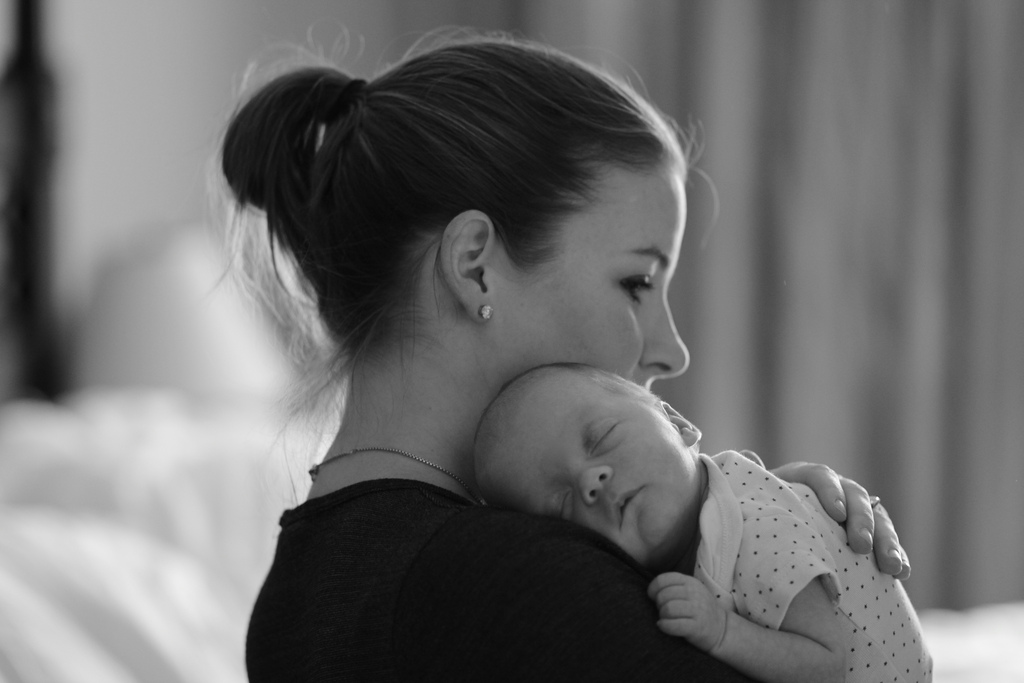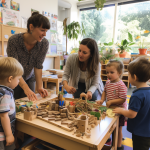What can Early Years settings do when a child’s parents separate?
Parental separation can be a sensitive issue in Early Years, especially when both parents have had a messy break up. It can cause tension and conflict that either parent may bring into the setting or reflect on the child in a number of ways. It is the responsibility of the Early Years practitioner to put the child first and try to support the family separation in a professional manner.
It can become difficult for the Early Years setting when parents argue; yet it is important that all practitioners stay neutral and treat both parents equally. Often during a separation one parent will take on the role of main carer with the other parent seeing their child at set times. In the first few weeks of a break up this can be difficult to adjust to and one parent may try to stop the other collecting their child from the setting. Early Years settings should have strict policies in place for this situation and must refer to these when unsure. Mothers automatically have parental responsibility of the child from birth; however fathers gain parental responsibility through being married to the child’s mother or being named on the birth certificate. Early years settings are not able to stop those with parental responsibility from collecting their child. Parents can aid this through presenting the setting with a court order against the other parent if required.
Information sharing may be another issue that arises when parents separate. If a child has a different parent collect to the one that drops off, messages may not be relayed leaving parents upset or frustrated. It is a good idea to note any important messages about the child, their day or upcoming events onto a letter. This can be relayed to the parent that collects verbally but a letter can be placed in the child’s bag for the other parent.
If a child is still having contact with both parents but one parent has moved out of the family home, it is a good idea to update any contact details held for both parents including relatives or other adults that are documented as emergency contacts. This is to ensure that in an emergency the correct people can be notified and both parents are happy and kept informed.









Leave a Reply